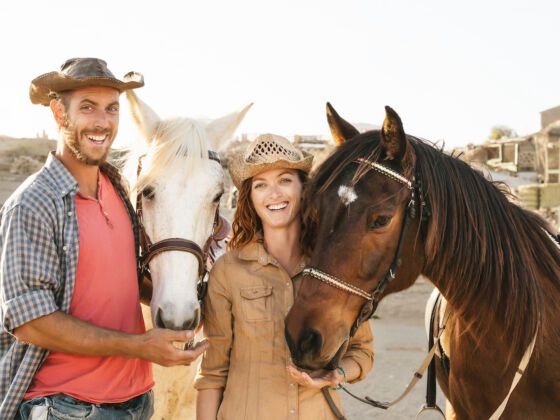WWOOFing opportunities here include gardening in suburban backyards, mustering cattle on outback stations, feeding and caring for wildlife, and other experiences that will challenge your idea of what is “typically Australian.”
To access the full contact details for hosts, you will need to become a member of WWOOF Australia.
